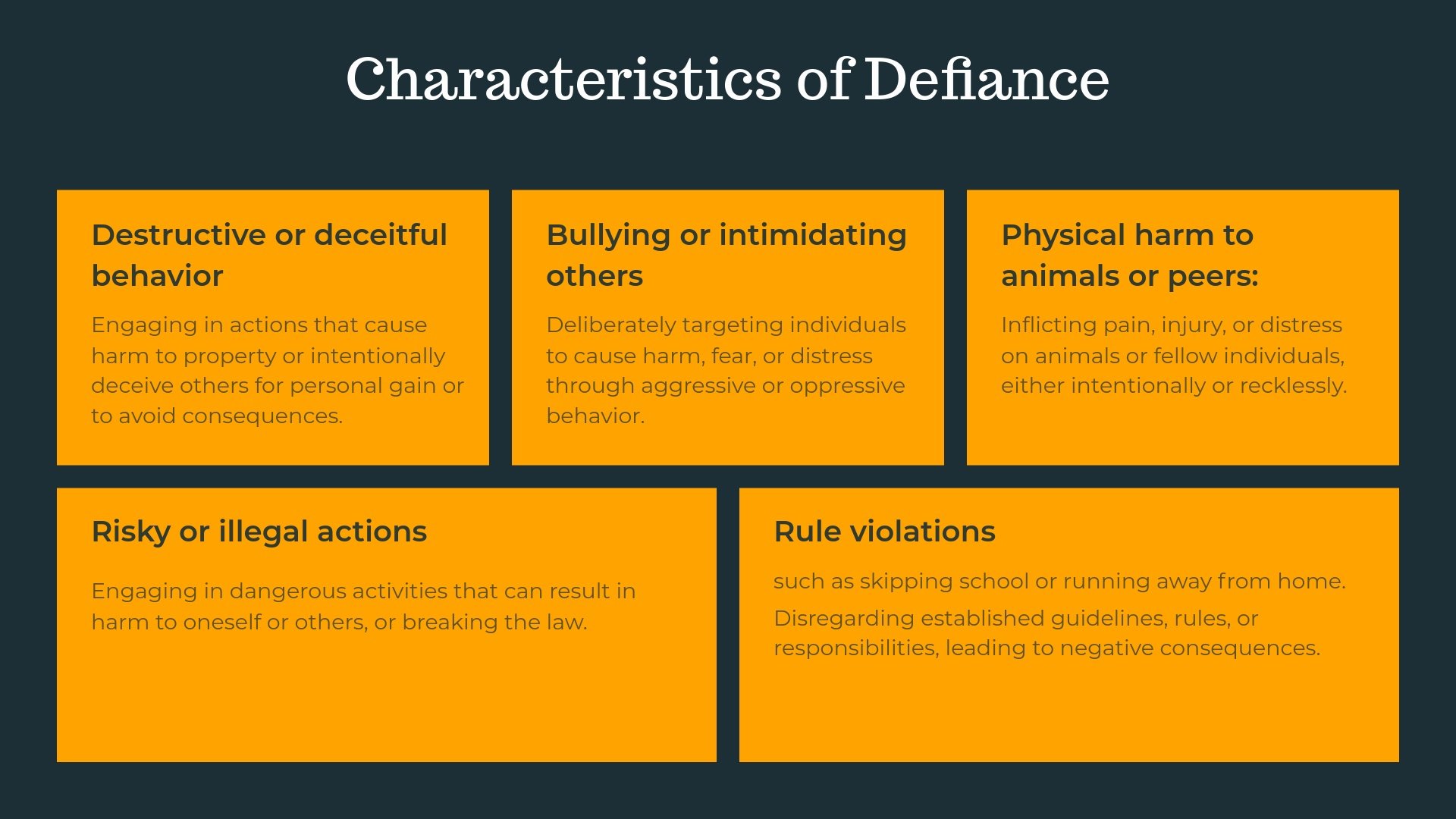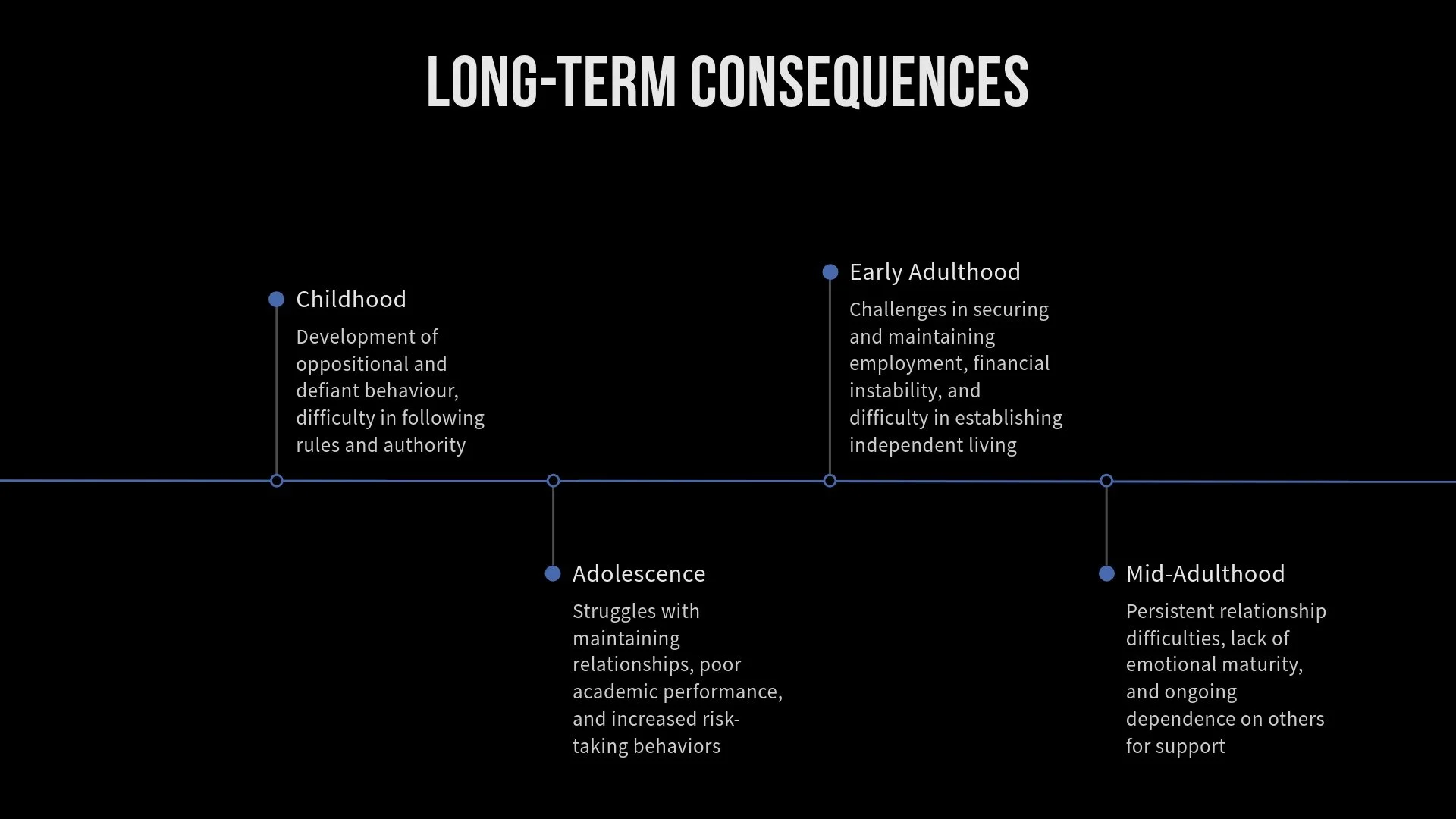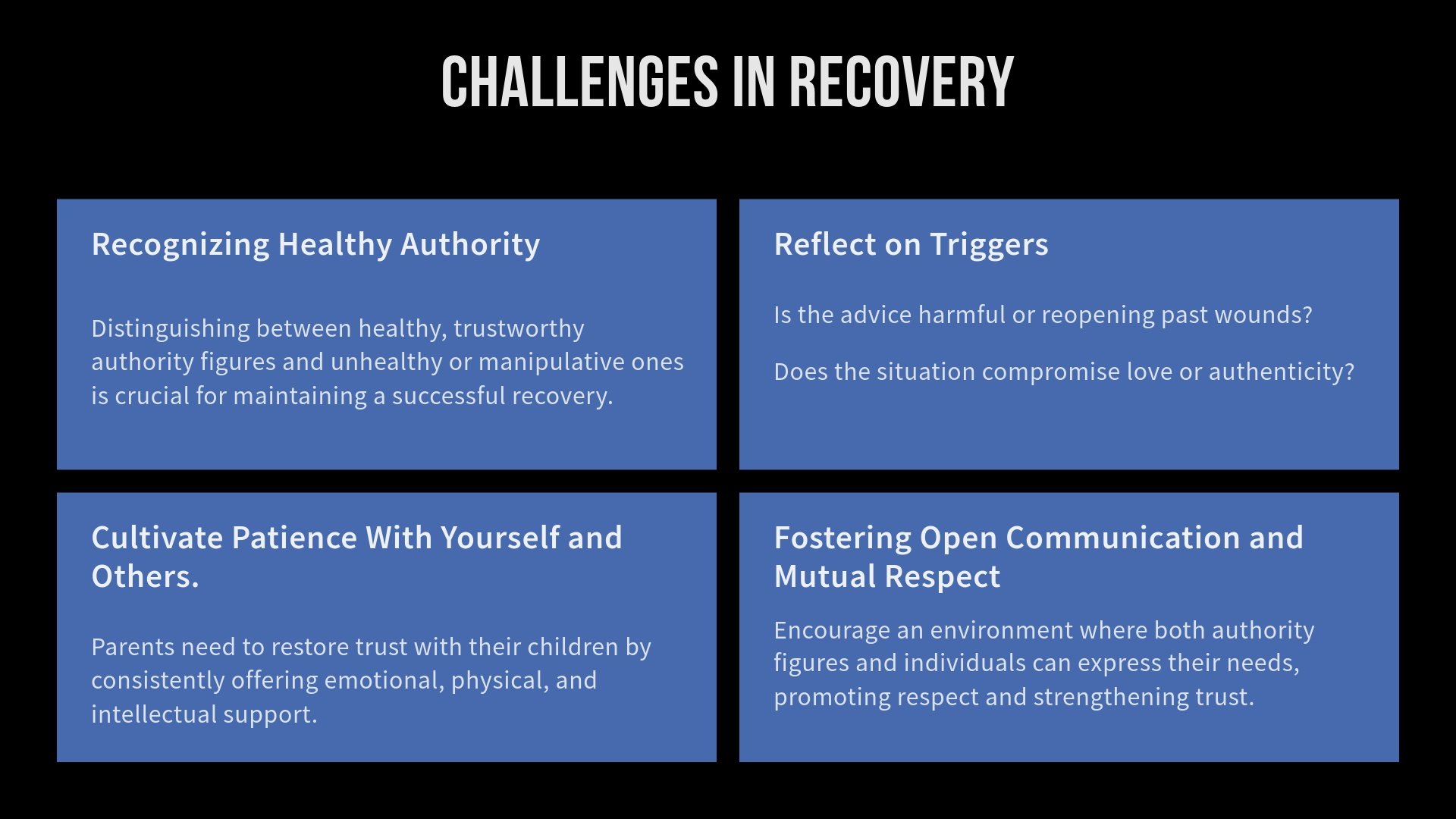What Makes Someone Oppositional and Defiant?
Understanding Complex Trauma and Resistance to Authority
What is Oppositional Defiance?
Oppositional and defiant behavior arises when children, often due to trauma or unmet emotional needs, develop resistance toward authority figures. Oppositional Defiant Disorder (ODD) is one of the most common diagnoses in children, second only to ADHD.
Where Does Oppositional Defiance Come From?
Defiance is a natural developmental phase for young children, but with supportive and loving caregivers, these phases are typically outgrown. However, in environments where authority figures are controlling, inconsistent, or abusive, children may adopt defiant behaviors as a permanent form of self-protection.
Such behaviors are often a reaction to environments that:
- Demand submission without questioning.
- Reinforce compliance through harmful or hypocritical authority.
When children experience repeated violations of love—such as abuse, neglect, or unjust behavior—they resist as a survival mechanism.
- Healthy Homes: In a safe and nurturing environment, rebellion is often a signal for parents to reflect on their actions and make changes that support their child.
- Unhealthy Homes: In dysfunctional environments, parents frequently ignore their own behavior and punish a child’s resistance, escalating the child’s rebellion.
Without safe authority figures, children may develop a deep distrust of others, learning to rely solely on themselves. Over time, they erect emotional walls and refuse to let anyone lead or guide them.
Resisting Abusive Authority is Healthy
Resistance to abusive authority is a natural and healthy response. Historical figures like Martin Luther King Jr. and Gandhi resisted unjust systems that demanded blind compliance, just as a child resists abusive authority that lacks love and fairness.
The Role of Narcissistic and Shame-Based Cultures
In narcissistic and shame-based environments, individuals are taught that peace and order come from unquestioning submission to authority. However, in homes affected by complex trauma, this kind of submission leads to pain and harm.
- Children who resist are harshly punished, causing some to adopt survival strategies like fawning and people-pleasing, which often persist into adulthood.
- Others choose defiance, openly opposing their abusers as a means of self-preservation.
Rebelling Against Over-Control
When authority figures frequently say “no,” attempt to micromanage, or impose rigid molds on children to fit their own agendas, children often rebel to protect their authenticity.
As children grow older, if they are denied autonomy and decision-making power, resentment builds. This can result in:
- Increased defiance during adolescence and adulthood.
- Defensive reactions and immediate emotional walls when encountering authority figures.
The Impact of Hypocrisy in Authority
Children quickly recognize hypocrisy in authority figures. For example:
- A father demands love and respect while constantly being angry and leaving household responsibilities to the mother.
- Rules appear self-serving rather than rooted in love or fairness.
When children observe such inconsistencies, they often choose rebellion, rejecting authority they perceive as unjust.
Coping in Chaotic or Fearful Homes
Children raised in chaotic, fear-filled homes often search for safety elsewhere, such as in friendships or external environments, where they can feel more secure.
The Effects of Harsh Punishment and Shame
Repeated exposure to harsh punishment and shaming leads children to rebel against the pain and mistreatment they know to be wrong. This rebellion becomes an integral part of their identity, shaping their approach to authority and relationships.
The Importance of Connection
Children need consistent love, connection, and fulfillment of their emotional, physical, and intellectual needs. When these are unmet, they experience:
- Fear, abandonment, sadness, and anger.
- A lack of tools to process emotions, leading to rebellious or defiant behavior.
This behaviour becomes a coping mechanism, and over time, it solidifies into their identity.
A slide showing the characteristics of Defiance
Characteristics of Early Oppositional Defiance in Children
- Destructive or deceitful behavior.
- Bullying or intimidating others.
- Physical harm to animals or peers.
- Risky or illegal actions, including lighting fires, breaking and entering, or substance abuse.
- Rule violations, such as skipping school or running away from home.
Aggressive Traits of Oppositional Defiance
- Frequent temper tantrums.
- Arguing with authority figures.
- Deliberately annoying or provoking others.
- Hostile, angry, or spiteful behavior.
- Refusing to compromise or admit fault.
- Sabotaging relationships or friendships.
- Negative, critical, and distrustful attitudes toward authority.
Passive-Aggressive Traits of Oppositional Defiance
- Procrastination or incomplete tasks.
- Intentional mistakes or minimal effort.
- Pouting, silent treatment, or withholding affection.
- Sarcasm, veiled criticism, and subtle acts of rebellion.
A slide showing the Long-Term Consequences of Oppositional Defiance
Long-Term Consequences of Oppositional Defiance
Individuals with unresolved oppositional defiance often face challenges, including:
- Isolation and loneliness.
- Difficulty maintaining intimate relationships due to trust issues and emotional walls.
- Struggles with employment due to disrespect toward authority.
- Bullying or controlling others, mirroring behaviors they once despised.
- Pursuing rebellious identities through harmful paths, such as substance abuse, illegal activities, or unhealthy ideologies.
- Reliance on the limbic brain, leading to instant gratification and impulsive decisions.
- Emotional immaturity and persistent feelings of self-pity and dislike from others.
- A pervasive sense of hatred toward the world and resistance to advice.
A slide showing the challenges in recovery
Challenges in Recovery
Recovery requires accepting guidance and support, which can trigger defiance. Recognizing the difference between healthy and unhealthy authority is essential to progress.
Healing and Growth
1. Identify healthy authority figures who:
- Enforce boundaries to protect love.
- Serve others through fair and compassionate leadership.
- Use discipline rather than punishment to guide behavior.
2. Reflect on triggers:
- Is the advice unhealthy or triggering old wounds?
- Does the situation violate love or authenticity?
3. Cultivate patience with yourself and others.
Parents must rebuild trust with children by providing consistent emotional, physical, and intellectual support.
The Role of Surrender in Healing
In the past, surrendering to unhealthy authority may have brought temporary peace but led to harm. True freedom comes from submitting to healthy boundaries and authority figures.
Healing is a long-term process. While triggers may continue to arise over the years, they become easier to manage with time, self-awareness, and healthy support. Similarly, parenting is a journey, and you don’t have to face it alone. That’s why we created Align—to provide you with the resources you need for healthier, more confident parenting. Join today!




